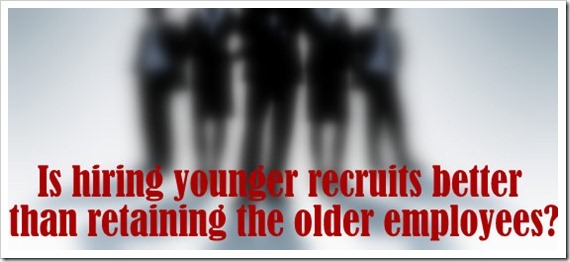Picture this scenario…
You are in the middle of a large field in central Greece. The sun has just ascended kissing the sky and sending out a tender sliver of light into the world. You are 20 something, just out of the infantry school armed with a sword and a small shield and surrounded by many other 20 year olds. Across the field you can see a similar army of 20 year olds except their uniforms look different.
Yes you are a Macedonian soldier in the army of Alexander and you face your current enemies but future allies, Athens. You look behind you and you see a strange sight, after a few rows of 20 something’s you see older men. These are the middle aged war veterans. Their battle scarred armor and wounds on their bodies indicating that this was not new to them.
As the battle begins, you feel nervous, and so do others around you. After the first volley of arrows you make a frantic decision, you decide to run back and not face the enemy. Other around you make a similar decision. The only problem, you have rows of veterans blocking your path, instead screaming at you to turn around and charge the enemy.
You charge the enemy as you have little choice, in a matter of hours the battle was over and you have won, tasting war for the first time in your life..
This is not a fictional scenario…
This is what every new soldier from the ancient to the current days went through. Alexander the great was probably one of the first management thinkers and he devised a wonderful approach to solve what we call the rookie problem. He knew that the young recruits were required for speed and energy but they were unreliable as seen in the scenario in the beginning. To overcome that problem he used experience soldiers to make sure that the front would hold.
Today we face a similar issue; do younger recruits bring in more value than experienced employees?
Every technological change has seen a change in the skills desired by management. A good example was the advent of computers which led to a lot of people finding out that their skills were redundant. Some did adapt while many others lost their jobs to younger recruits who were more familiar with computers.
A similar change happened with the advent of the internet. And such changes are becoming even more troublesome now with the growth and proliferation of social media.
A recent story brought to my attention by Altaf Rahman, one of the regular readers of trak.in, turned this concept on its head.
In 2007 BMW, the German automobile giant organized a competition in one of its plants, between new recruits and older workers. Both were given two different assembly lines to produce cars. The older employee had some modifications to their equipment keeping in mind their age.
Surprisingly not only did the older lot keep up with the younger ones, they best them on productivity and quality.
So BMW and Alexander the great had similar conclusion on the value brought in by older employees.
In recession torn Europe, I have heard of Government officials delaying their retirement or joining back duty as consultants. Instead of hiring external consultants, European governments are trying to hire back their own experienced employees at much lower rates.
This helps in two ways..
- The government departments save on cost.
- Experienced employees are very familiar with the system so they hit the ground running.
Similarly many corporations are seeing employees take a pay cut and reduce the number of works but extend their careers.
A similar trend is seen in PSUs in India, which hire back many former employees as consultants.
So is this a good practice?
I am not sure about the implications of this, but these are some key ideas that have to be kept in mind..
- It is always important to get new ideas and perspectives into the company. Organizations feel one way to do so is to get in fresh recruits. They come in with new ideas and are not held back by old habits
- A blend of youth and experience wins the war. Like Alexander the great, corporations should have a healthy blend of youth and experience. A imbalance there can send any organization into a spiral path.
- Often strategic growth is lost due to cost considerations. Replacing veterans with youth might be a good idea, but it should not come at the cost of future strategic growth.
But I would like to hear from you. What do you think are the advantages of youth over experience or vice versa? I would love to hear your views on the same.
The post Is hiring younger recruits better than retaining the older employees? appeared first onIndia Business & Technology Hub.

No comments:
Post a Comment